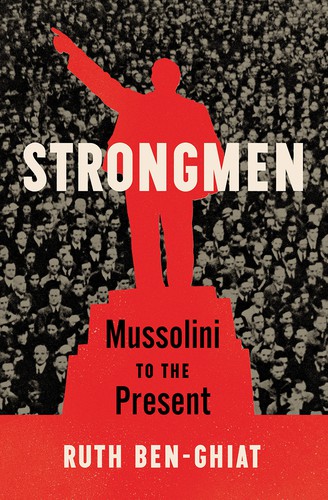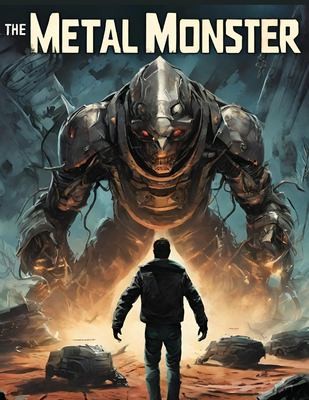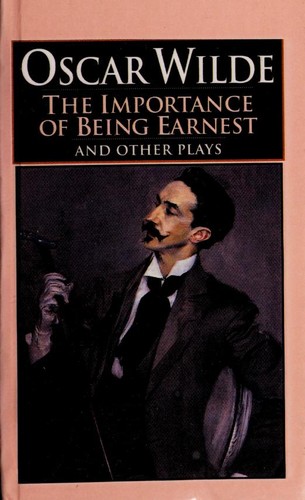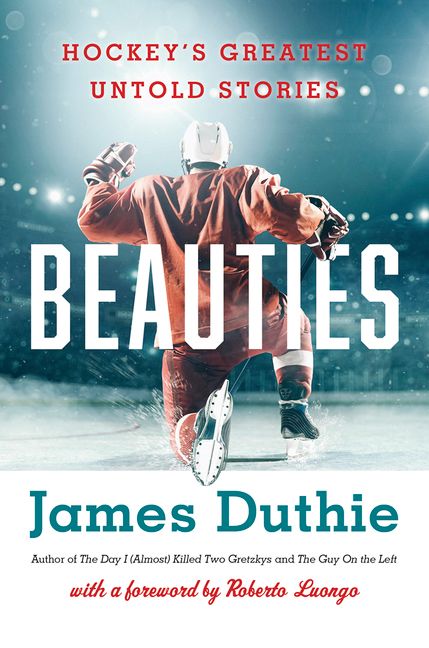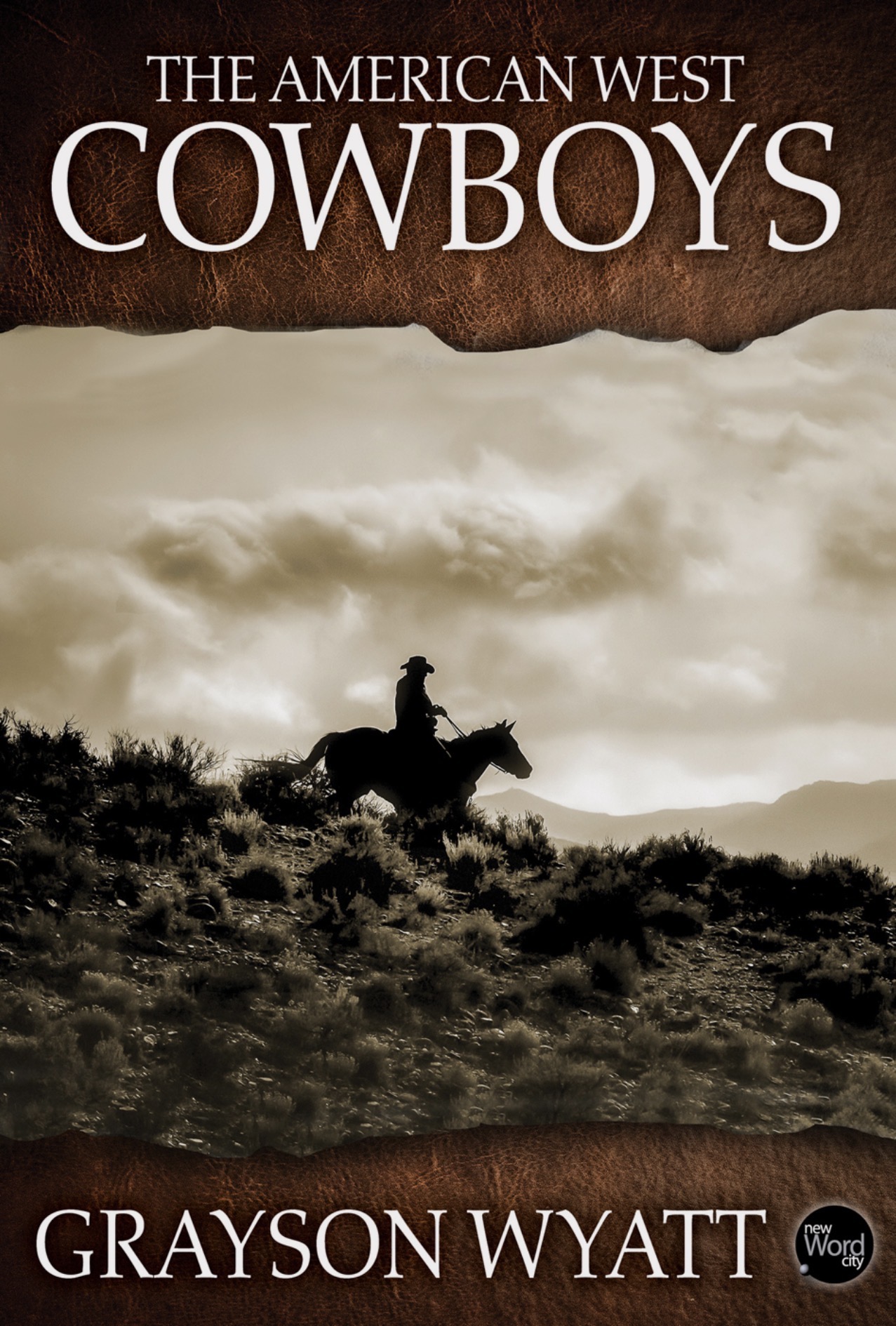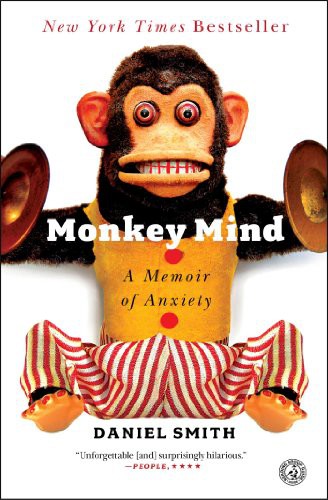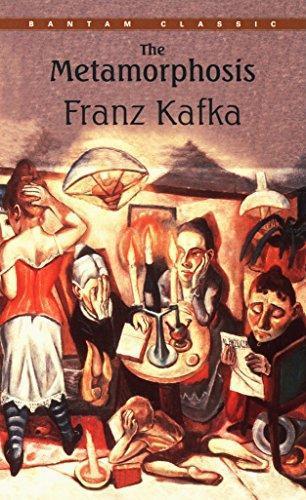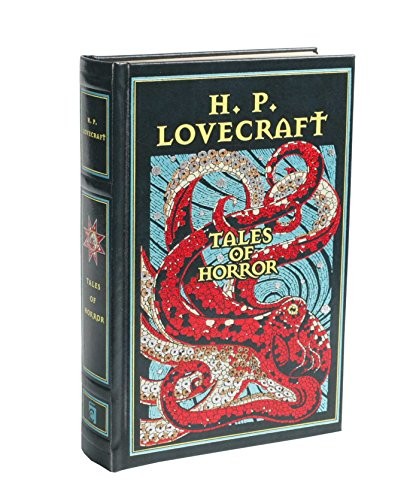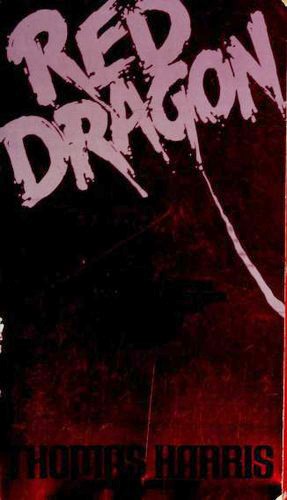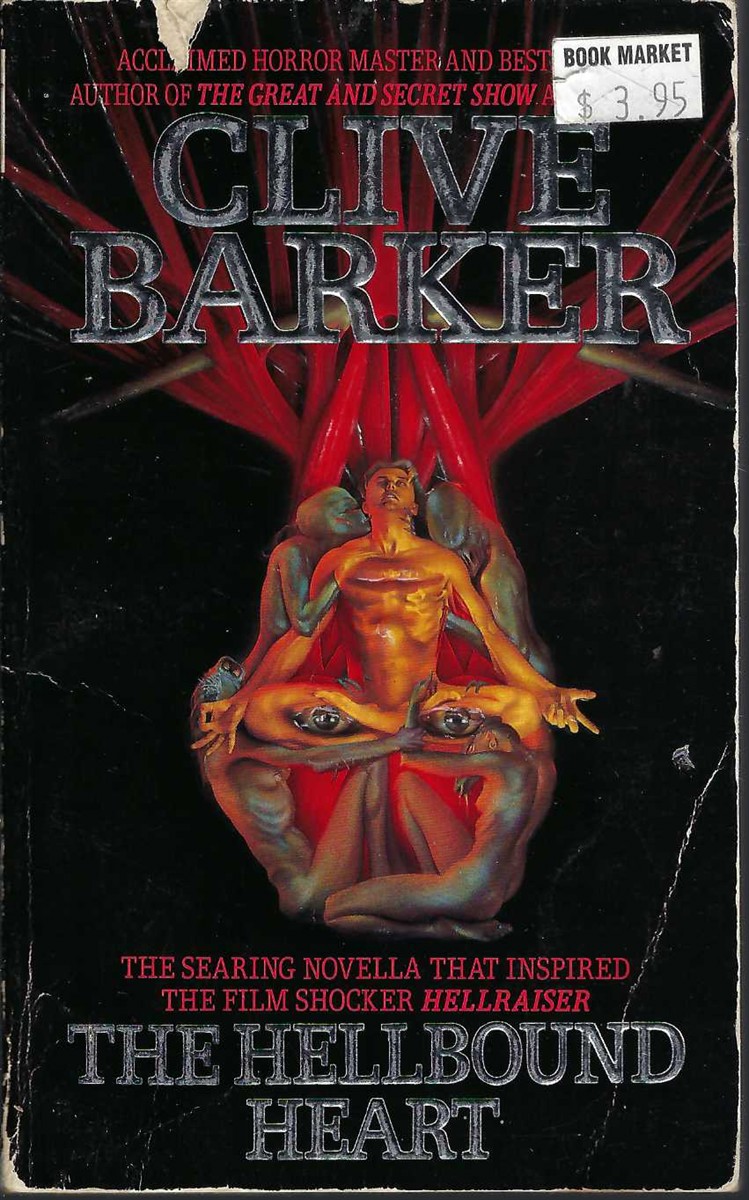Daniel Strokis reviewed Strongmen by Ruth Ben-Ghiat
More timely and relevant than ever
5 stars
This was harder to get through than I thought it would be, but not because of the writing. It was just that I was constantly reminded that we're living under a mad king by the news, and that made it harder to pick up a book about the horrors of fascism.
Thankfully, the book ends on a hopeful note about the fall of authoritarian regimes and resistance to them.

